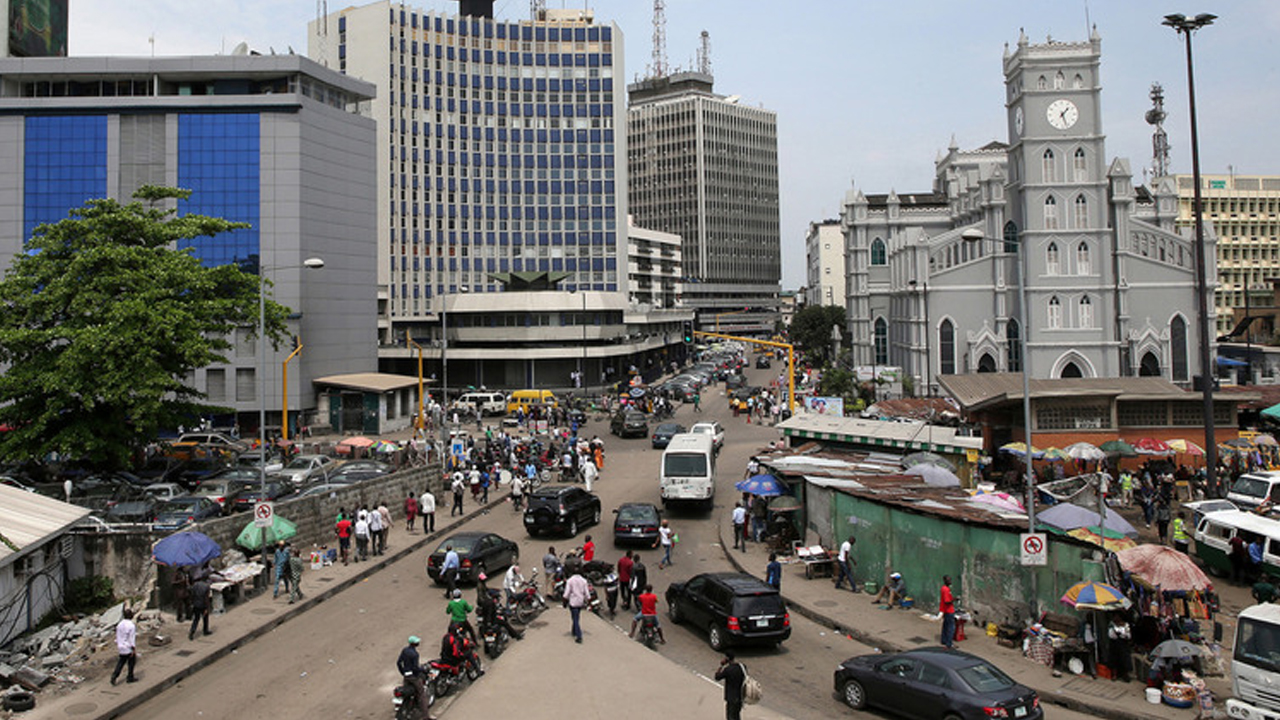
Economic experts have advised President Muhammadu Buhari to stop the incessant attack on private capital in the country in the name of fighting corruption, if he wants to grow the economy in his second term.
Capital, they argued, is a shy component of business and would always look for a safer place, if harassed in a particular environment.
This was one of the submissions made yesterday in Lagos at a colloquium on ‘What President Buhari Should Do Differently in His Second Term’, organised by Universities of Oxford and Cambridge Alumni Network in Nigeria.
It had Nigerian graduates from other universities like Harvard as panelists.
One of the panelists, Mr. Collins Onuegbu, said businesses were finding it hard to understand Buhari’s body language and the signals that emanate from it. He cited the instance of MTN Nigeria, which he said had suffered twice from the president’s nebulous body language.
Just when the telecom company got listed on the Nigerian Stock Exchange (NSE), the Economic and Financial Crimes Commission (EFCC) stormed its office, a development he said signalled serious danger to private capital.
For Dr. Ayo Teriba, government needs more funding to achieve its set objectives by looking inwards rather than borrowing from outside, while Diekola Onaolapo argued that corruption has increased under Buhari, even as the government was reputed for harassing private capital, which it badly needs to finance its projects.
“Government needs funding, but you harass local capital,” Onaolapo said; “it means you don’t know what you want.”
Onuegbu and Teriba were agreed that going outside to borrow to finance capital projects was a disastrous economic policy.



